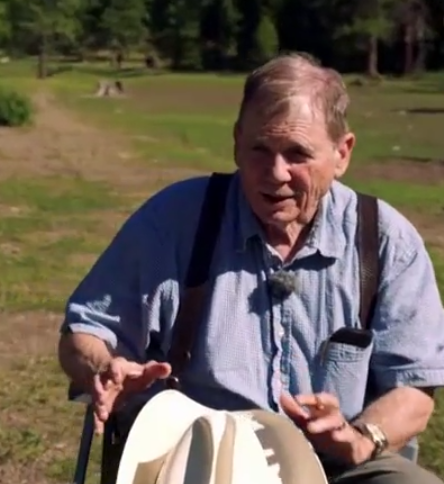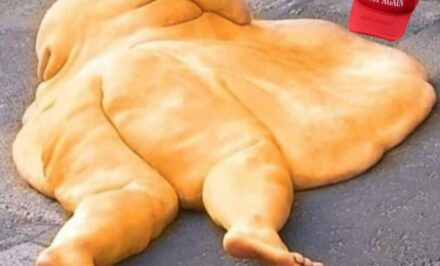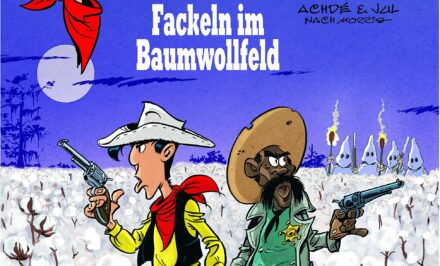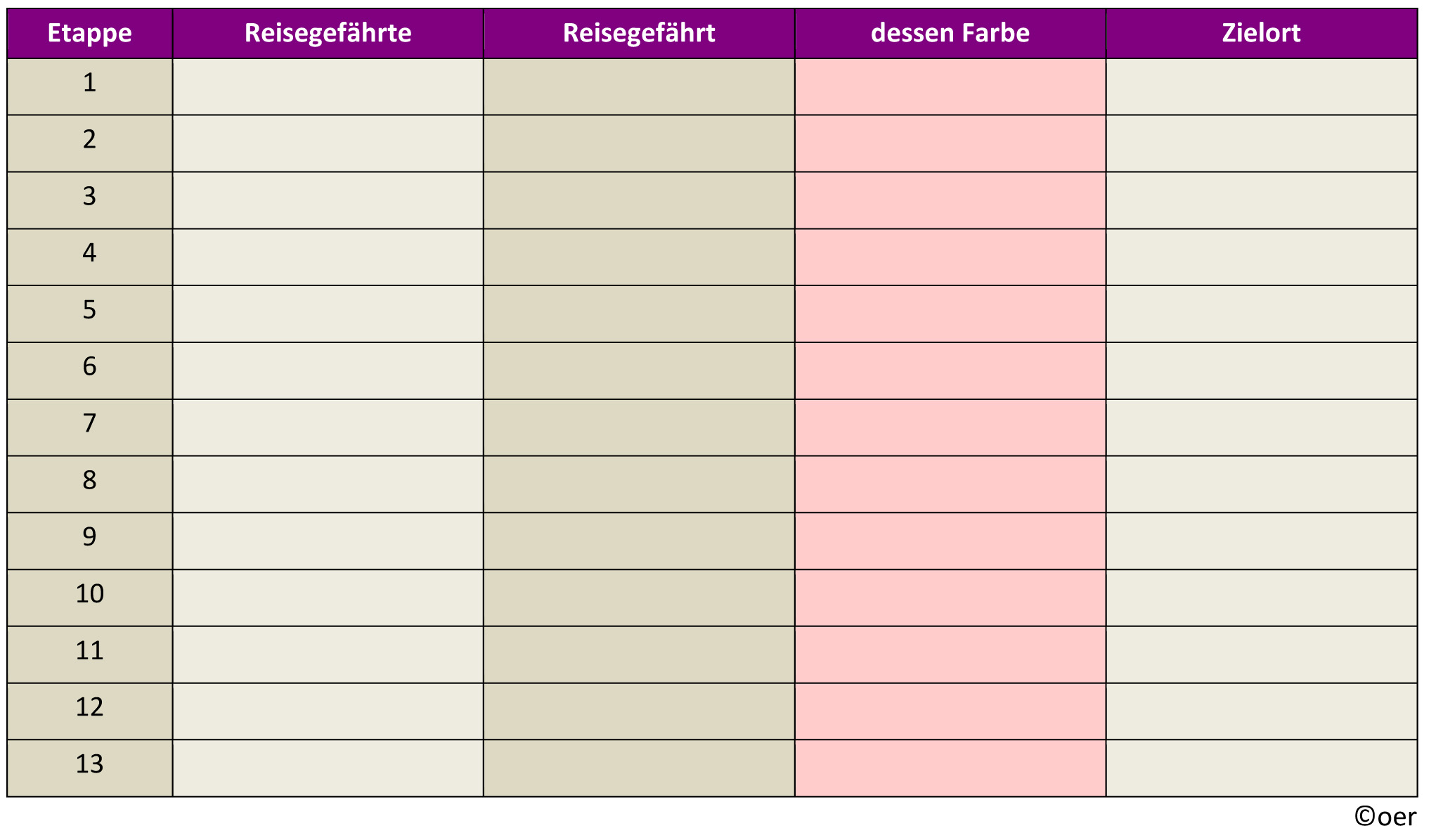„Evil always consumes itself“
The Crime Questionnaire: Part 1 – von Marcus Müntefering
Lücken füllen: Seit 2014 schickt der Literaturkritiker Marcus Müntefering Krimischriftstellern, die er schätzt, per E-Mail seinen Fragbogen „Bloody Questions“ (in seltenen Fällen stammen die Antworten auch aus Gesprächen). Zunächst wurden die „ausgefüllten“ Bögen auf dem schon länger nicht mehr existenten Blog Krimi-Welt veröffentlicht. Zusätzlich zu sporadischen neuen „Bloody Question“ gibt es jetzt monatlich einen dieser „Klassiker“ bei uns im CrimeMag, in der Reihenfolge ihres Erscheinens. Den Anfang machte und macht der große James Lee Burke. Zeitpunkt: Oktober 2014.

1 Have you ever thought about committing a crime/commited a crime?
No, it has always been my hope that I could be an artist without first becoming a criminal.
2 Who is the worst villain of the history of (crime) literature?
I think Iago would be a good canidate, primarily because of his willingness to use deceit and envy to accomplish his design. Maciavelli’s Prince would probably be a lovely choice as well.
3 Do you remember the first person you ever killed in your novels?
I’ve tried to write about the world I grew up in and the people I’ve known. The author who speaks about killing his characters is not an artist, nor does he have respect for the talent he has been given.
4 The Beatles or Stones question: Chandler oder Hammett?
I have read only one novel by each man. Chandler wrote fine prose; Hammett was a fine man who went to prison rather than compromise his principles before the House Un-American Activities Committee. I think both understood the times in which they lived and tried to represent them accurately.
5 Have you ever seen a dead body? And how did it affect your life?
Everyone has, in one fashion or another. Death should not affect one’s life. If it does, we give it power it doesn’t possess.
6 Have you ever witnessed a crime?
Again, I think everyone has. The abadonment of New Orleans by the Bush administration during Katrina was, in my opinion, the greatest crime committed in our country’s history, with the exception of the attacks on 9-11.
7 Is there anybody in the world you’d rather see dead?
Wishing people dead is the greatest form of empowerment we can give our enemies.
8 How did you make a living before you became a success as a writer?
I was a land surveyor, pipeliner, social worker, newspaper reporter, university professor, truck driver, and landman for Sinclair Oil Company. I wrote much of my first novel, Half of Paradise, on a pipeline. I completed my first novel when I was twenty-three. I published my first short story in a college magazine when I was nineteen, and have been writing ever since.
9 If you wouldn’t write crime novels – what would you (like to) do?
I’ve never wanted to do anything else.
10 What happens after death?
I believe in God, but I don’t understand God‘s nature. I believe the souls of our loved ones are still with us. I also believe there is divinity on the other side of the material universe. Age has not brought me wisdom or the key to any of the great secrets. My father used to say there are only two things we have to remember about the nature of God: He has a sense of humor and he’s a gentleman, and as such he always keeps his word.
My perception is you make your troth with the Man Upstairs and stick to it. If you do, you have nothing to fear in this world or the next.
11 What should happen after death?
I think we’re already inside eternity. I think evil people die and good people live on. Evil always consumes itself. Life is a grand party, and the world is a wonderful playground. Why give ourselves over to concerns about death and sorrow?
12 Crime and Punishment: What do you think of capitol punishment?
For two reasons I don’t believe in it. I cannot reconcile it with the teachings of Jesus, and secondly its application is arbitrary. I’ve never known of a rich man’s being executed in this country.
13 What do you make the Bert Brecht quote: „What is the robbing of a bank compared to the founding of a bank?“
I’m not familar with the quote, but I suspect it’s a denigration of banks and lending. It was banking and capitalism that created the middle-class during the late Middle Age. Does anyone really wish to return to the days when the Borgias and Henry the Eighth were running things?
- Vorschau: Im nächsten Crimemag werden die Bloody Questions erneut von einem Burke beantwortet: dem irischen Schriftsteller Declan Burke („The Big O“, „Eight Ball Boogie“).
Die Bloody Questions von Marcus Müntefering auf CrimeMag:
Übersicht hier: Attica Locke, Oliver Bottini, Stuart McBride, Steve Hamilton, Tana French, Garry Disher, Jerome Charyn, Friedrich Ani, Mark Billingham, Adrian McKinty, Robert Wilson (2 Teile), Simone Buchholz, Lawrence Block, Karin Slaughter, Val McDermid, Joe R. Lansdale, Bill Moody finden Sie hier. Nicht (mehr) zugänglich sind zur Zeit die „Bloody Questions“ mit Wallace Stroby (8) Lauren Beukes, (7, Teil 1) und Lauren Beukes (6, Teil 2) Richard Lange (5), Zoë Beck (4), Sam Millar (3), Declan Burke (2).
James Lee Burke in vielen Artikeln bei CrimeMag hier.











